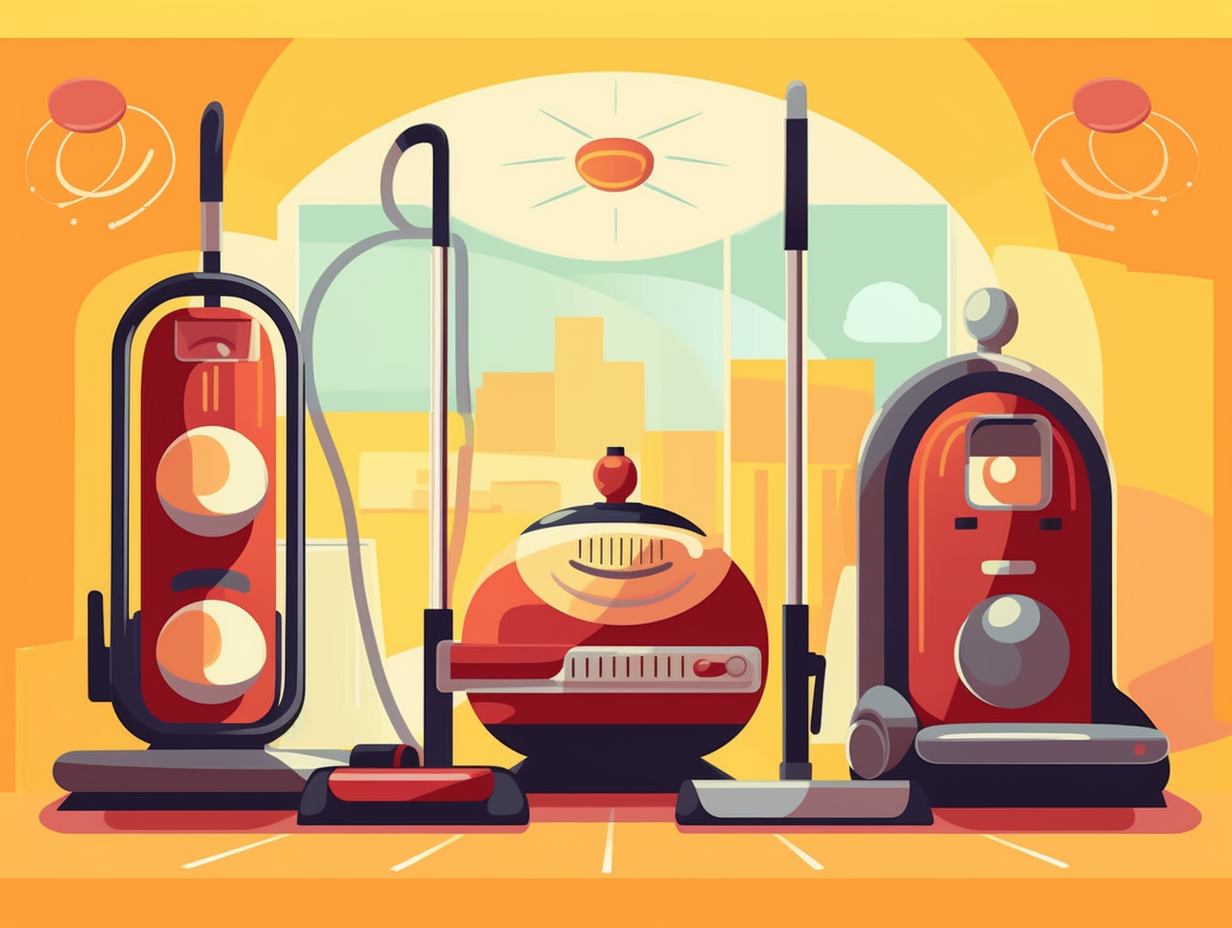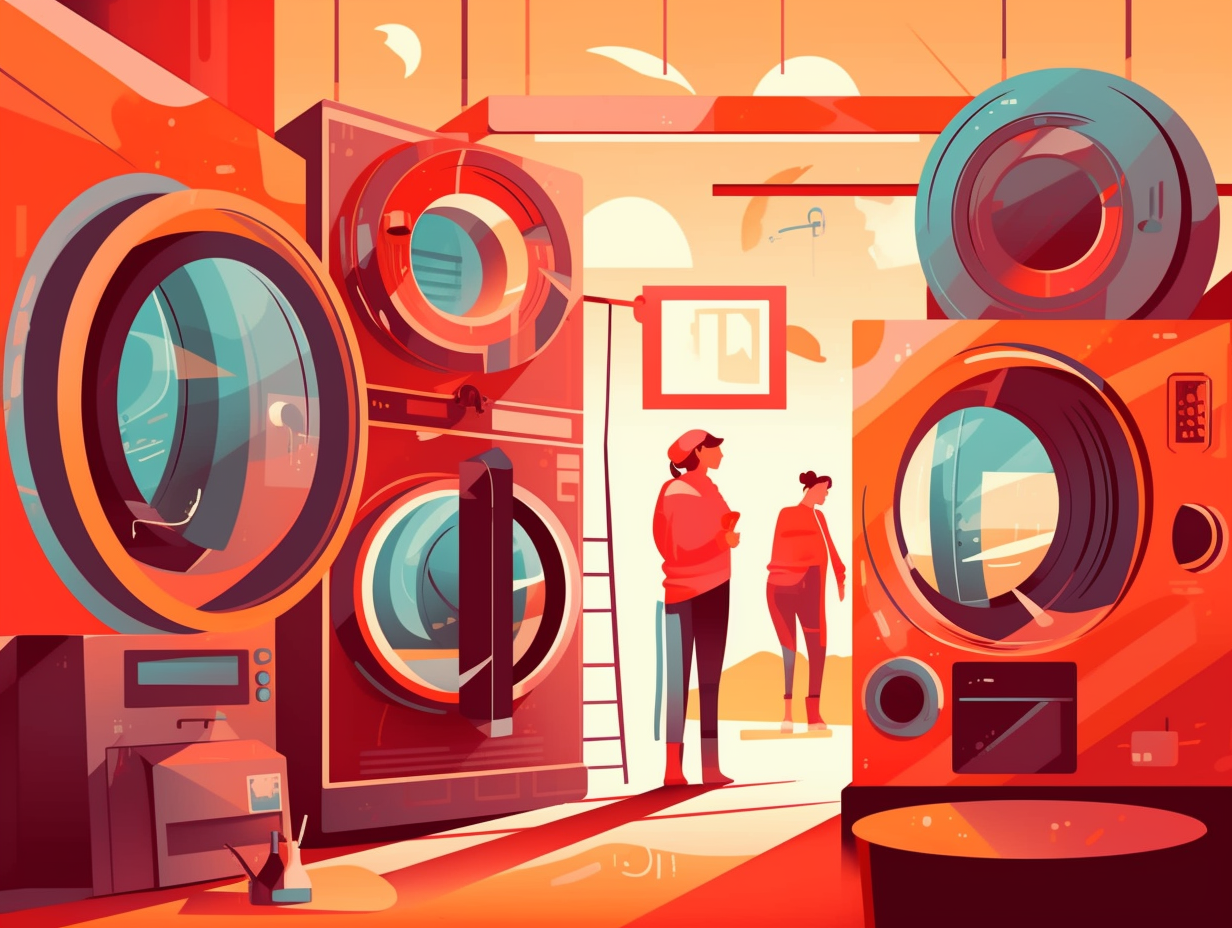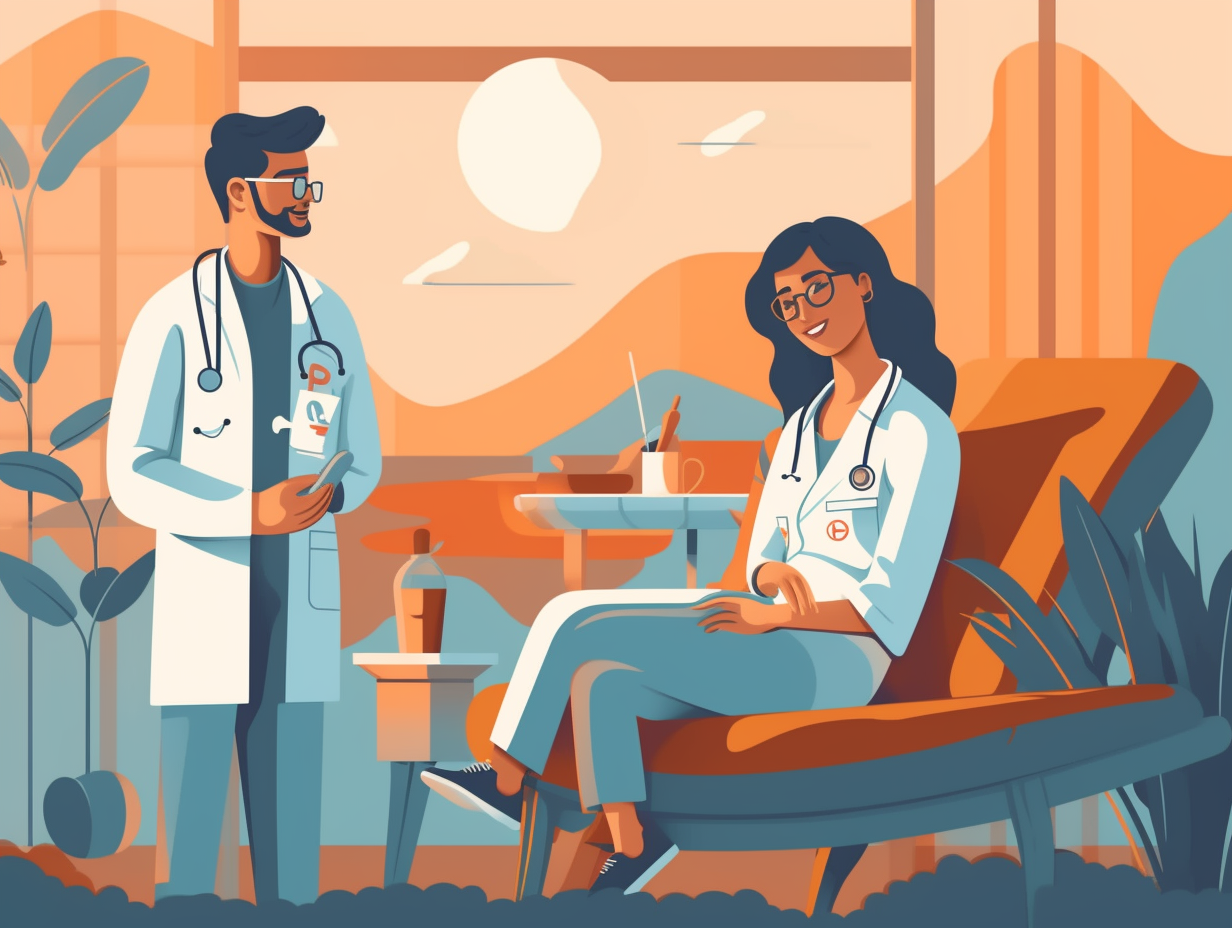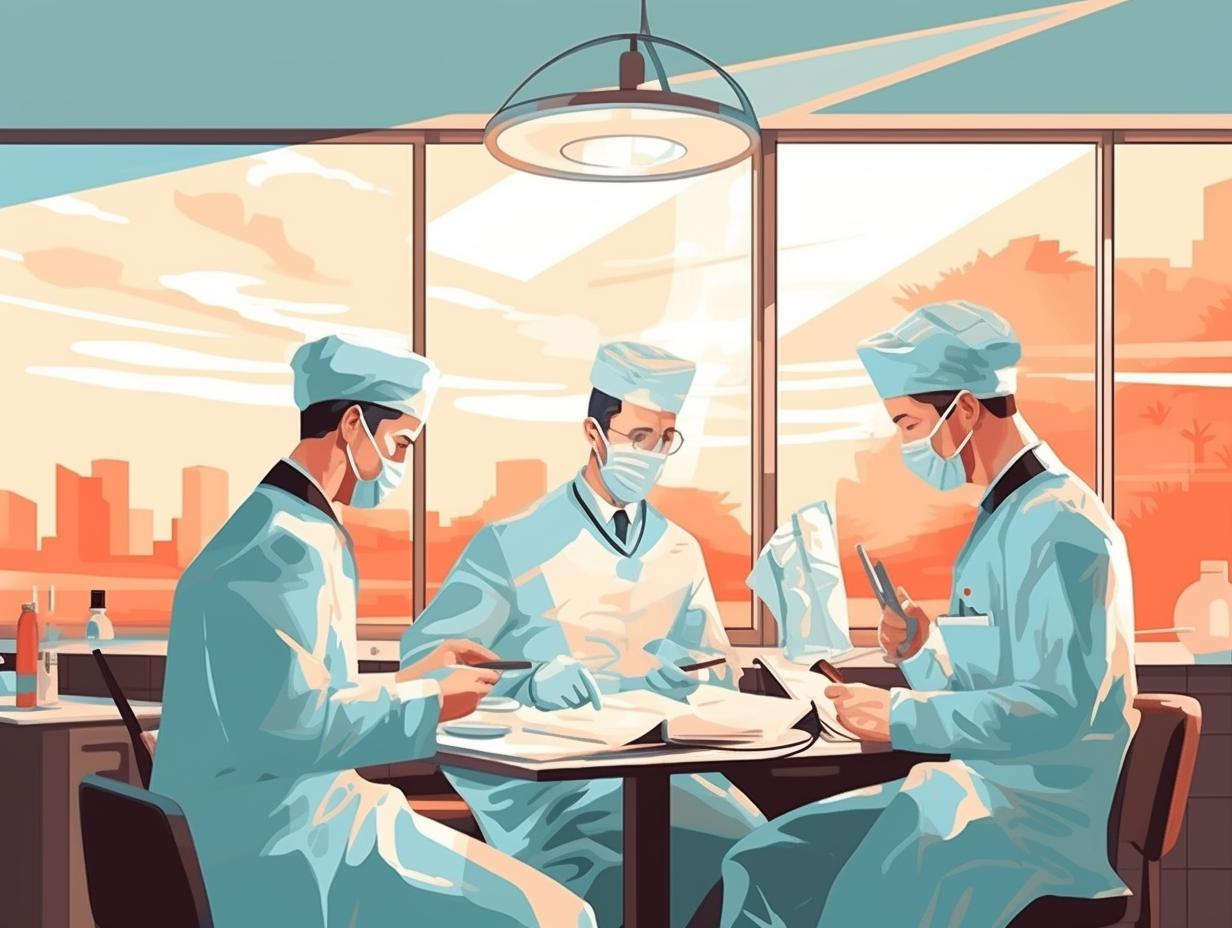Top 6 Surprising Fun Facts About Cleaning: Discover the Unexpected Benefits and Curiosities!

1. Soap Opera: Antibacterial Soap Debunked
Who knew that washing hands could have its own soap opera? Here's the plot twist: using antibacterial soap isn't as heroic as it seems! Surprise reveal: The FDA has found that antibacterial soaps are no more effective than regular soap and water in removing germs, leading to the discontinuation of 19 common "antibacterial" ingredients. In fact, simply using soap – a.k.a. germs' natural nemesis – is more effective than water alone, as it lifts dirt and microbes from your skin with its sudsy superpowers. So, lather up those hands with ordinary soap and become part of this clean blockbuster!
Source => cdc.gov
2. Texas-sized Car Wash Showdown
They say everything's bigger in Texas, and it looks like Buc-ee's is about to prove that even the humble car wash isn't safe from their grand ambitions: The convenience store chain is shelling out $6 million to build a new car wash "tunnel" in Baytown, with construction kicking off in November 2021 and running through May 2023. Will it eclipse the 255-foot-long world's longest car wash that they already own in Katy? Only time will tell, but one thing's for sure: Texas-sized suds are on the horizon.
Source => abc13.com

Did you know vacuum cleaners became a household necessity in the roaring twenties, thanks to brands like Hoover and Eureka? Discover how these electric marvels revolutionized cleaning and brought luxury to the average home! 🎉🏠✨
=> Fun Facts about Vacuum-Cleaners
3. Kitchen Sponge Bacteria Battle
SpongeBob SquarePants, meet GermBob SquareGerms: Kitchen cloths and sponges were found to be the most contaminated items in 20 UK family homes, with none of the sponges tested being acceptably clean. In fact, they were worse than toilet brush handles, according to a study by the Global Hygiene Council, testing for bacteria like enterobacteriaceae, E.coli, and Staphylococcus aureus. So, remember to routinely clean and replace those sneaky bacteria havens to keep your home safe and hygienic.
Source => theguardian.com
4. Plant Power: Nature's Air Purifiers
Who needs chemical cleaners when you've got Mother Nature's little green helpers pretending to be interior decorators? Plants: the humble yet stylish, couch-surfing air purifiers! Turns out, the NASA Clean Air Study revealed that Variegated snake plants, English ivy, and Peace lilies are not just pretty faces; they can actually absorb bad-tempered chemicals like benzene, formaldehyde, and trichloroethylene from the air. Word of warning though – their full potential as houseplant heroes still needs some solidifying research in real-life environments.
Source => en.wikipedia.org

5. Ancient Dental Hygiene: Chew Sticks
Before toothbrushes were a thing, ancient folks had their own version of the "chewsday" routine: Contrary to what you might imagine, people in ancient times, like the Babylonians and Egyptians, actually used chew sticks made from twigs to clean their teeth, as early as 3500 BC! These twigs were simply chewed and worked around in the mouth to eliminate any leftover food debris.
Source => flossandcompany.com
6. Milk: The Unexpected Floor Cleaner
When life gives you lemons, grab some skimmed milk to mop up the mess: English Heritage's conservation teams discovered that skimmed milk is the most effective way to clean non-porous stone floors, as demonstrated on the floors of Brodsworth Hall, a Victorian country house near Doncaster. The technique involves getting down on your hands and knees, rubbing the milk stone by stone, without creating an odorous or moldy environment.
Source => theguardian.com
Related Fun Facts




















